The holidays are a hectic time, and it could become even more nerve-wracking if something bad were to happen to your dog before or during the main event. Take a look at this exploration of all the things that are potentially dangerous for your dog around the holidays, and make sure you are informed to prevent an unexpected trip to the emergency vet. We’ll start with the most obvious, and work towards the hazards that might not be so readily apparent to you. First, we’ll talk about food.
Christmas isn’t just about the presents (don't forget about a treat for Fido); it’s about the food too! Christmas dinner is a special time when we get to eat some of our favorite foods. Maybe you have a certain dish that you traditionally prepare around this time, or several special dishes. While you buzz around the kitchen, keep a watchful eye on your dog who may be looking for an opportunity to sneak a little taste of whatever you are cooking. You may not realize it, but there are a lot of ingredients that go into holiday dishes that could be harmful to your dog, which would not be a very merry Christmas surprise.
So what foods should you avoid feeding your pup? Many people serve dishes that contain grapes or raisins at Christmas dinner. These are very toxic to dogs; you should never feed grapes or raisins to them. Stuffing is often made with garlic, and onions and garlic both are extremely toxic to dogs. Onions and garlic can cause serious complications for your dog, such as anemia. Christmas ham is too fatty for your dog and could cause pancreatitis. Your desserts might contain a sweetener called Xylitol, and as we have discussed many times on this blog in the past, Xylitol is still very dangerous for dogs. Exposure to this chemical can cause low blood sugar, liver failure, seizures, and even death. Chocolate in general contains Theobromine, which is very bad for your dog. The darker the chocolate, the higher the concentration of Theobromine is present. Theobromine exposure is potentially fatal and altogether harmful for your dog.
You may find yourself thinking, “One of the best parts of the holidays is the leftovers though!” Don’t worry, we here at KeepDoggieSafe.com agree. Being able to indulge in a second (or third) special holiday feast is truly sublime. This time of year you may feel like your favorite canine companions deserve to indulge a bit too. It is generally good practice to avoid feeding your dog leftovers, but if you can’t resist those pleading eyes… Here's a short list of “good” leftovers:
- Turkey (meat only)
- Lamb (no bones)
- Green Beans
- Carrots
- Peas
- Mashed Potatoes (no garlic, no extra butter)
- Sweet Potatoes (no sugar, no extra butter)
People also love to decorate their homes with festive seasonal greenery this time of year, but did you know that many of those same plants can have adverse effects on the health of your dog? You’ve probably heard about Poinsettias, and while the effects this plant can have on your dog’s body have been heavily exaggerated, they are still capable of inducing mild vomiting, drooling, and in severe cases, may cause diarrhea after ingestion. You can relax a little though because, despite everything you have heard, this flower is not fatal to animals.
Holly leaves and berries can have similar effects on your dog. If ingested, your dog will most likely experience the same vomiting, diarrhea, and skin irritation that they get from eating a Poinsettia. One caveat to this, though, is to be careful when your dog is around the leaves of the holly bush specifically as they have sharp barbs and can cause injury to your dog’s esophagus, mouth, and GI tract.
Mistletoe will do much of the same things to your dog and has been said to also cause seizures in more severe cases, but it is doubtful that your dog will die from ingesting Mistletoe, though all parts of the plant are poisonous.
Ivy is another plant to be careful of because it is poisonous and can cause typical symptoms of overactive drooling, dehydration, nausea, and GI distress. Ivy is not fatal to animals though, so you don’t have to worry about it, just try to keep it out of your dog’s reach if they like to gnaw on random plants.
If you have a live Christmas tree that sheds Pine Needles, you might be worried about your dog ingesting those when you are not around, but aside from the sharpness of the needles themselves, you have almost nothing to worry about. While the needles are technically poisonous, they will probably just cause a little mouth irritation and the other aforementioned symptoms one associates with eating nonfatal toxic plants.
Christmas food and holiday plants probably seem like obvious things to be cautious about when it comes to your dog’s safety, but what about other, less obvious dangers? Did you know that your Christmas decorations themselves can be potentially harmful to your pet?
Take Christmas lights, for example. Curious dogs might like to gnaw on wires, but this could result in a burn or, in severe examples, electrocution if the sensitive inner wiring is exposed. You might also use batteries in certain decorations. Be sure to keep these away from your dog as a battery is not only a choking hazard but could severely burn the inside of your dog’s mouth if battery acid leaks out.
Many people like to get out their specialty candles around the holidays, in order to make their home feel more wintery and festive. If you are going to use candles in your home, make sure you place them high up, as your dog could get burnt or could start a fire if the candle is knocked over. When burnt, certain candles can release toxic chemicals that can cause problems if inhaled. Make sure to use non-toxic candles in your home this season.
Your dog might love to be up in the mix while your family opens their presents, and might love to play in the piles of discarded paper, but did you know that ingesting large amounts of paper like paper used for wrapping, or crepe paper, can cause serious blockages in your dog’s stomach? Make sure to keep all of the paper away from your dog so that the temptation to eat it is not there.
So, now you know all about what you need to do in order to keep your dog healthy and happy so that you and your family members can have fun this holiday season. Beyond the usual household items that are bad for you dog, pay close attention to everything outlined in this guide. Avoid feeding scraps from the table because some food is incredibly toxic to dogs. Keep plants out of reach of your dog so that you don’t have to deal with an upset stomach or nausea. Make sure that you are extra vigilant when you are decorating and celebrating the holiday itself. Take care to pick up any wrapping paper before your dog can get to it, and if you see them nibbling on Christmas lights or tinsel, make sure to put a stop to it before someone gets burnt or creates a bowel obstruction, and you will be sure to have a very happy holiday!



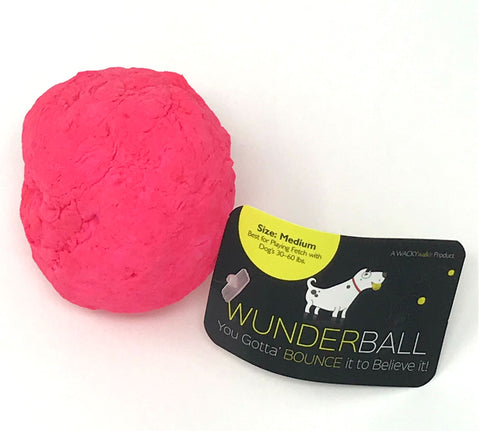
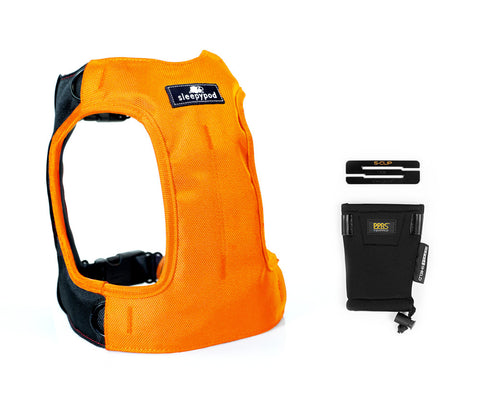
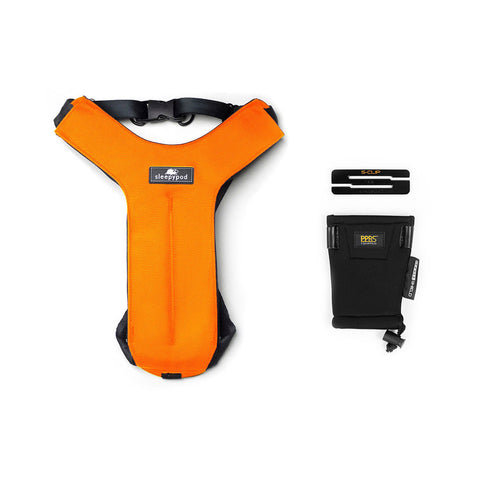
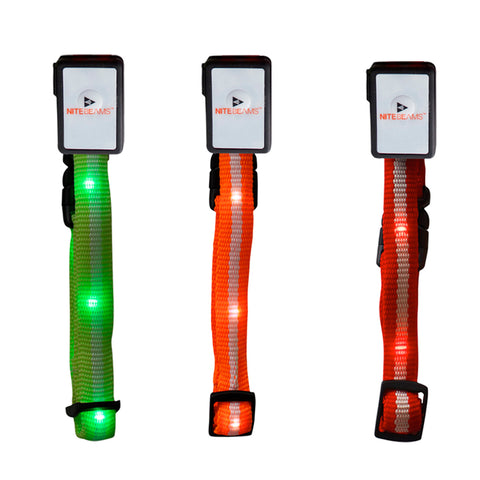
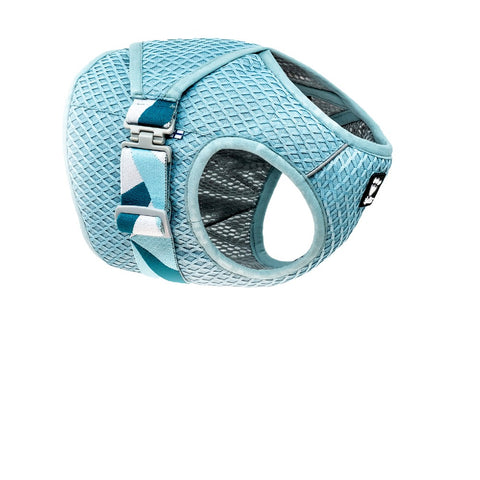










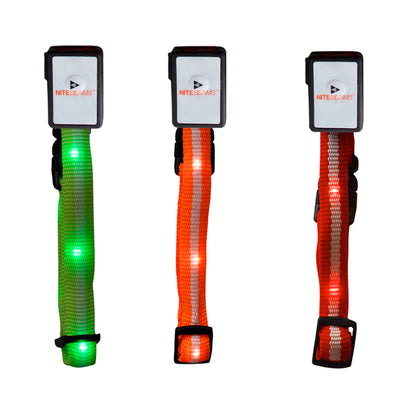
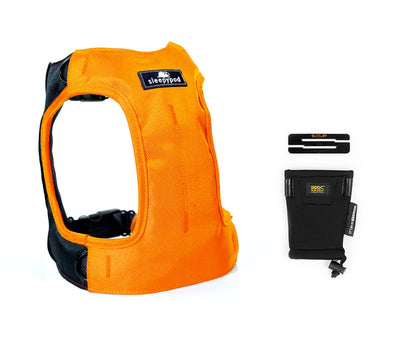
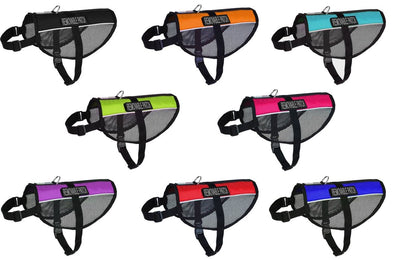
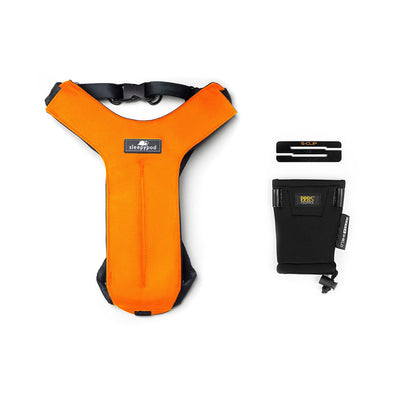
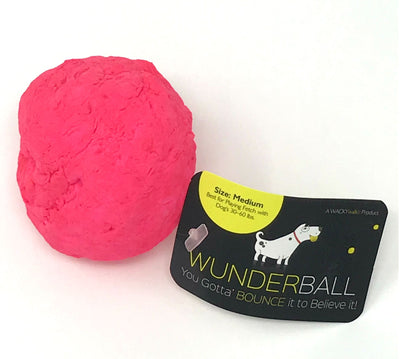
Leave a comment